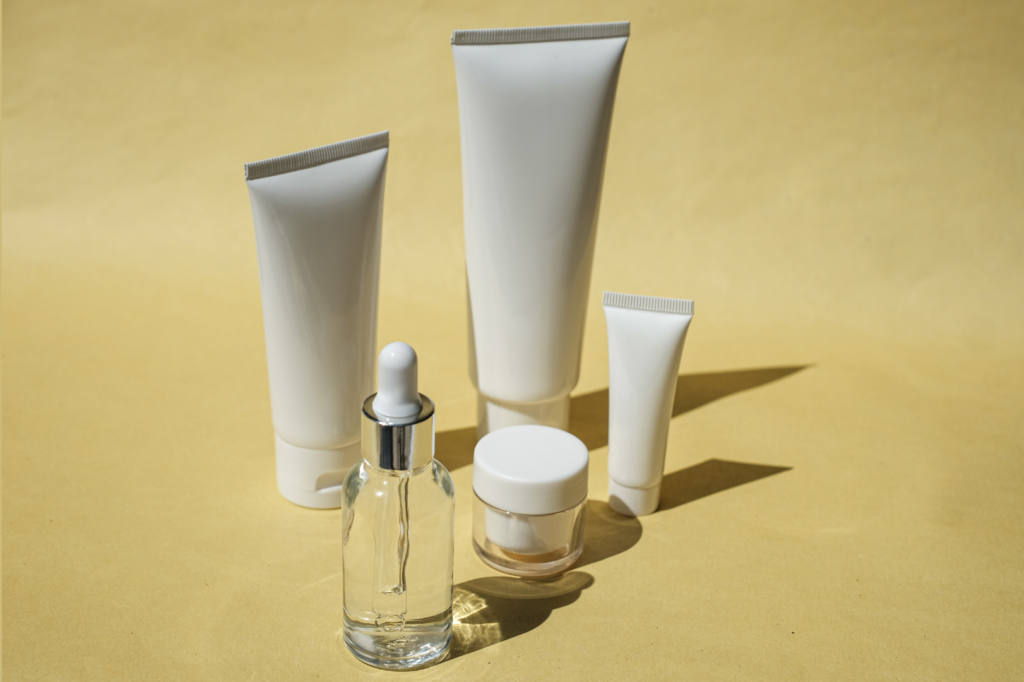
Objective
We partnered with a D2C personal care brand to uncover deep consumer insights related to product usage, purchase drivers, brand awareness, and emotional motivations within the personal care category—focusing on skincare and haircare
Challenges
1: Consumer Insight Need
A D2C personal care brand planned to launch skincare and haircare products for urban, health-conscious millennials. They needed to understand consumer behavior and preferences before going to market
2: Strategy Development
The brand commissioned exploratory research to uncover insights on usage, brand perception, buying behavior, and category trends—key inputs for shaping their go-to-market strategy.
Research Approach & Execution
1. Methodology: Mixed-Method Design
> Qualitative Research:
- Conducted 8 in-depth interviews with users of leading competitor brands (e.g., Mamaearth, Plum, The Body Shop)
- Conducted 10 in-depth interviews with loyal users of the client’s product line
> Quantitative Validation:
- Online survey administered to 250 urban respondents to validate qualitative insights and measure sentiment at scale
2. Target Audience Profile
> Demographics:
- Urban males and females aged 22–40
> Socioeconomic Segment:
- NCCS A1/A2
> Behavioral Criteria:
- Regular users of at least two categories of personal careproducts (e.g., face wash, shampoo, serums)
- Purchased skincare or haircare products online within the past three months
- Included both current users of the client’s offerings and consumers of competing D2C and premium brands
Key Areas of Insight Generation
1. Personal Care Routines
– Frequency, time commitment, and emotional relevance
2. Category Expectations
– High preference for clean-label, sustainable, and ingredient-transparent products
3. Usage Motivations
– Needs driven by self-care, skin concerns, and personal image
4. Purchase Journey
– Decision-making factors including price, packaging, ingredient profile, and brand credibility
– Sources of influence: product reviews, social media influencers, dermatologists
– The role of e-commerce in product discovery vs. repeat purchase behavior
5. Brand Awareness and Association
– Spontaneous and aided recall of both client and competitor brands
– Associations tied to brand tone, personality, and perceived value
6. Brand Loyalty & Switching Behavior
– Triggers for churn and drivers of retention
Outcome & Strategic Impact
Our final deliverables included:
> Development of consumer personas based on needs, aspirations, and behavioral patterns
> Brand perception analysis benchmarking the client against major competitors
> A category insights dashboard summarizing usage trends, emotional drivers, and loyalty influencers
> Tactical and strategic GTM recommendations, including:
- Messaging frameworks aligned with emotional and functional needs
- Packaging improvements to elevate premium perception and shelf presence
- Ingredient-led storytelling campaigns focused on consumer-favored actives (e.g., Niacinamide, Tea Tree, Aloe Vera)
- Influencer seeding strategy to build credibility and reach among Gen Z and millennial cohorts
- Sample and bundle strategies to drive trials and encourage cross-category engagement
Business Results
Following the implementation of these recommendations, the client observed significant early-stage traction:
> 30% increase in organic website traffic within three months
> Enhanced brand sentiment reflected in user reviews and social mentions
> 2.2x growth in repeat purchase rates
> Successful onboarding into two national offline retail chains within the first quarter post-launch




